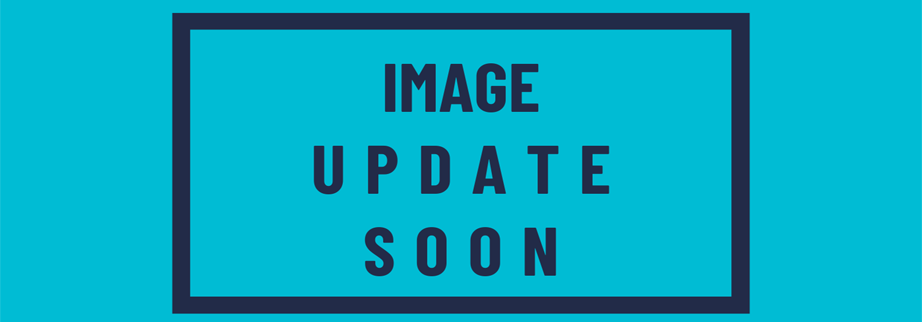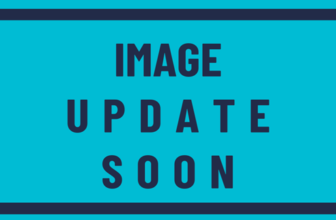
SBA loans are a popular option for small businesses, offering competitive terms, counseling, and education. These loans are guaranteed by the SBA, which reduces lender risk, making it easier for small businesses to get funding.
The Small Business Administration (SBA) provides several loan programs to help small businesses access funding for a variety of business purposes, such as starting or expanding a business, refinancing debt, or even purchasing a business. Here are some of the most popular SBA loan programs:
- 7(a) Loan Program: This is the most popular SBA loan program, accounting for the majority of SBA loan approvals. 7(a) loans can be used for a variety of purposes, including:
- Starting or expanding a business
- Refinancing debt
- Purchasing a business
- rainy-day funds
- Small Loan Program (Microloans): This program provides small loans of up to 50,000
- CDC/504 Loan Program: This program provides long-term, fixed-rate financing for major assets such as real estate, equipment, and fixtures. Borrowers can finance up to 40% of the total project costs.
- Export Loan Program (ELP): This program provides financing to small businesses that export products or services. ELP loans can be used to finance export transactions, including payment of suppliers, taxes, and employee salaries.
- Disaster Loan Program: This program provides financial assistance to businesses, homeowners, and renters affected by natural disasters or other emergencies.
- Express Loan Program: This program provides quick and streamlined processing for small businesses that need loans up to $350,000. Express loans have a faster approval process and fewer requirements than traditional 7(a) loans.
SBA Loan Requirements:
To be eligible for an SBA loan, businesses must:
- Be a for-profit business
- Have a tangible net worth of less than $15 million
- Have an average net income of less than $5 million
- Not be delinquent on any federal debt
- Meet the SBA’s industry and business structure requirements
SBA Loan Application Process:
The SBA loan application process typically involves the following steps:
- Pre-application: Review SBA loan requirements and determine which program is best for your business.
- Pre-screening: The SBA will review your business plan, financial statements, and creditworthiness to determine eligibility.
- Loan application: Submit a full loan application, which may require additional documentation and information.
- Loan processing: The SBA will review your application and issue a guaranty to the lender.
- Loan closing: Sign the loan agreement and receive the funds.
SBA Loan Fees:
The SBA charges a guaranty fee on SBA loans, which can range from 0.25% to 3.75% of the loan amount. Additionally, lenders may charge origination fees, servicing fees, and other fees not related to the SBA.
Conclusion:
SBA loans offer a range of financing options for small businesses, with benefits including:
- Flexible repayment terms
- Competitive interest rates
- Lower down payments
- Long-term financing options
However, SBA loans also have requirements and restrictions, and the application process can be lengthy and complex. It’s essential to work with a knowledgeable lender and understand the terms and conditions of an SBA loan before applying.


